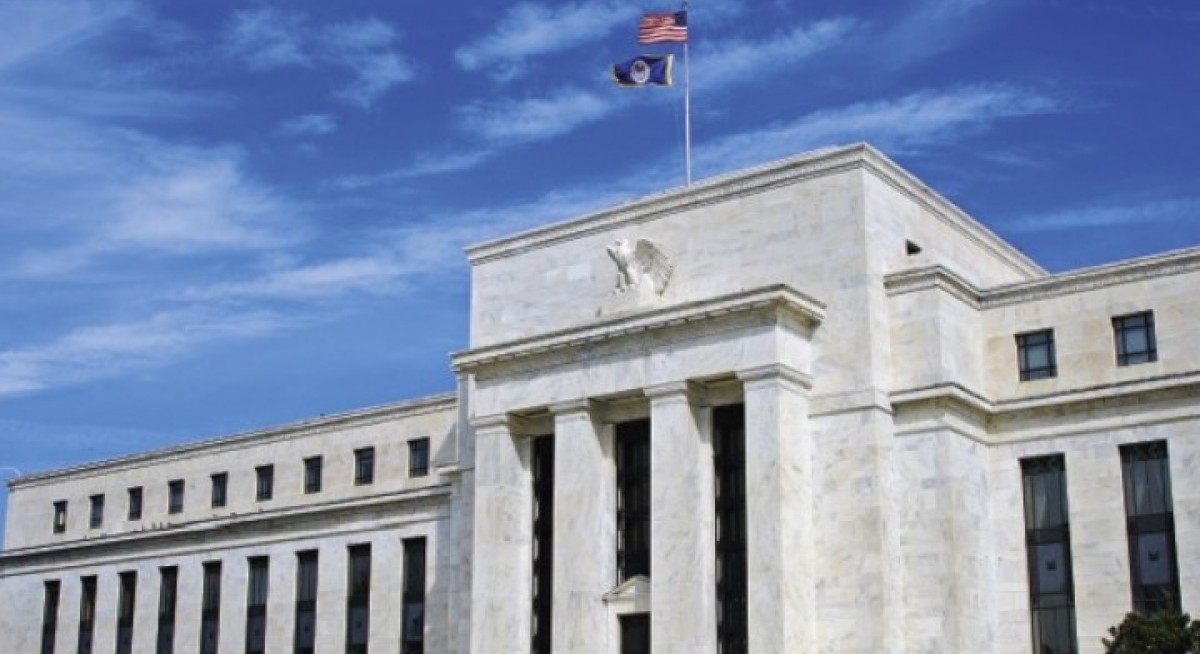The basis of American exceptionalism in recent years was clear. The US economy grew faster than any other developed market, supported by favourable policies, legal certainty and investor-focused corporate governance. US technology stocks, particularly the so-called Magnificent 7 (Apple, Amazon, Alphabet, Meta, Microsoft, NVIDIA and Tesla), drove much of the equity market returns, with 39% annualised growth between 2015 and 2024, compared to just 12% for the broader S&P 500.
“US tech was truly exceptional,” says Ghosh. “But the rest of the market, while better than international peers, was less extraordinary.”
Even so, foreign investors piled in. By end-2024, non-US investors owned 20% of US equities, double the level in 2010 and roughly 30% of treasuries and corporate bonds. The US dollar was buoyed by persistent demand, both as a store of value and an investment currency.
But cracks are now visible.
See also: Singapore’s richest hold more wealth than bottom 80% combined
Three developments are challenging the foundations of US exceptionalism. First, the emergence of Chinese AI company Deepseek has disrupted assumptions about America’s unassailable lead in technology. Second, Washington is tightening fiscal spending even as other major economies ramp up. Third, the geopolitical tone has shifted: tariffs and the weaponisation of the dollar are replacing the liberal order that once underpinned global confidence in the US system.
Deepseek, in particular, could be a game changer. By building cost-effective AI models that deliver strong performance, the company has pressured Western tech firms and broken the assumption that scale alone leads to dominance. “Deepseek may have forced competitors to rethink how they price and deploy AI solutions,” says Ghosh.
Meanwhile, the US federal deficit stood at 6.9% of GDP in 2024 — higher than China (4.8%), the Eurozone (3%) or Japan (2%). Yet unlike its peers, Washington is now looking to constrain spending, with the newly established Department of Government Efficiency tasked to enforce fiscal restraint.
See also: Stimulus drives Indonesia’s growth to fastest pace since 2022
This is in sharp contrast to Germany’s recent decision to ease its “debt brake” or China’s ramped-up infrastructure stimulus. “The global trend is towards fiscal expansion, but the US is pulling back,” notes Ghosh.
On the geopolitical front, the US’s increasing use of tariffs and currency sanctions has raised concerns about the reliability of the dollar as a neutral reserve currency. Proposals such as taxing foreign holders of US Treasuries have only heightened those fears.
Investors are responding. The US share of the MSCI All Country World Index has dipped from 65% to 62% ytd, with allocations to Japan, China and Germany seeing modest upticks. In fixed income, the US now accounts for 41% of the Bloomberg Global Aggregate Bond Index, down from 43% in 2022.
“This is not de-dollarisation,” Ghosh stresses. “But diversification. Investors are trimming exposure to US assets — not because they think the US is failing, but because they no longer believe it’s the only game in town.”
This trend is visible in the rising official holdings of gold, which now account for 20% of global FX reserves — up from 14% in 2020. UBS estimates that G10 investors hold around US$14 trillion in unhedged US assets. A modest 5% rebalance could translate into roughly US$700 billion in capital flows out of the US.
Yet the shift away from US exceptionalism does not imply a retreat to mediocrity. America’s edge in key sectors remains evident. In AI, it invested US$471 billion between 2013 and 2024, far outpacing China’s US$119 billion. In 2025 alone, American venture capital into AI startups is expected to hit US$100 billion. In defence, US spending remains unmatched at nearly US$1 trillion or four times China’s military budget. And in currencies, the dollar still dominates global transactions, representing over 80% of FX turnover and nearly half of SWIFT payments.
In Ghosh’s view, a recalibration is overdue. “Less US exceptionalism may actually be a good thing for global investors. It forces diversification and opens up opportunities outside the US.”
This reset may encourage asset managers to allocate more to undervalued markets and reduce overexposure to expensive US equities. With US valuations still trading at a premium — especially outside the tech-heavy Mag 7 — such reallocation may also be more fundamentally justified.
The golden decade of unchallenged American dominance may be over, but a more balanced global investment environment could emerge in its place.




